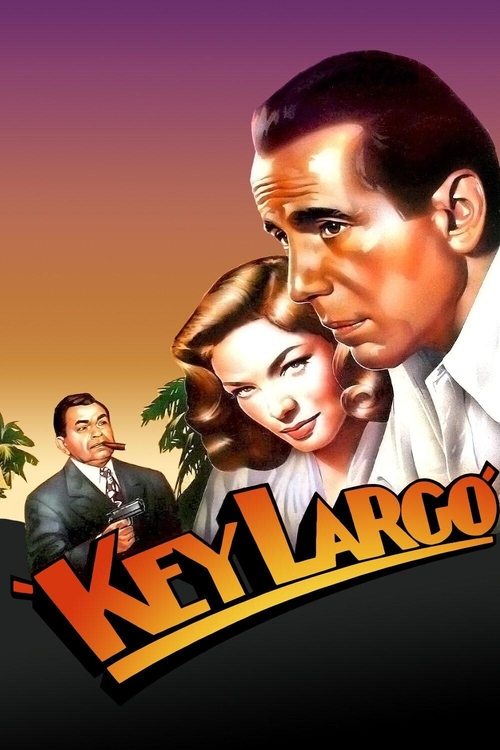
Title: Key Largo
Year: 1948
Director: John Huston
Writer: Richard Brooks
Cast: Humphrey Bogart (Frank McCloud), Edward G. Robinson (Johnny Rocco), Lauren Bacall (Nora Temple), Thomas Gomez (Richard 'Curly' Hoff), Lionel Barrymore (James Temple),
Runtime: 100 min.
Synopsis: A hurricane swells outside, but it's nothing compared to the storm within the hotel at Key Largo. There, sadistic mobster Johnny Rocco holes up - and holds at gunpoint hotel owner James Temple, his widowed daughter-in-law Nora, and ex-GI Frank McCloud.
Rating: 7.5/10